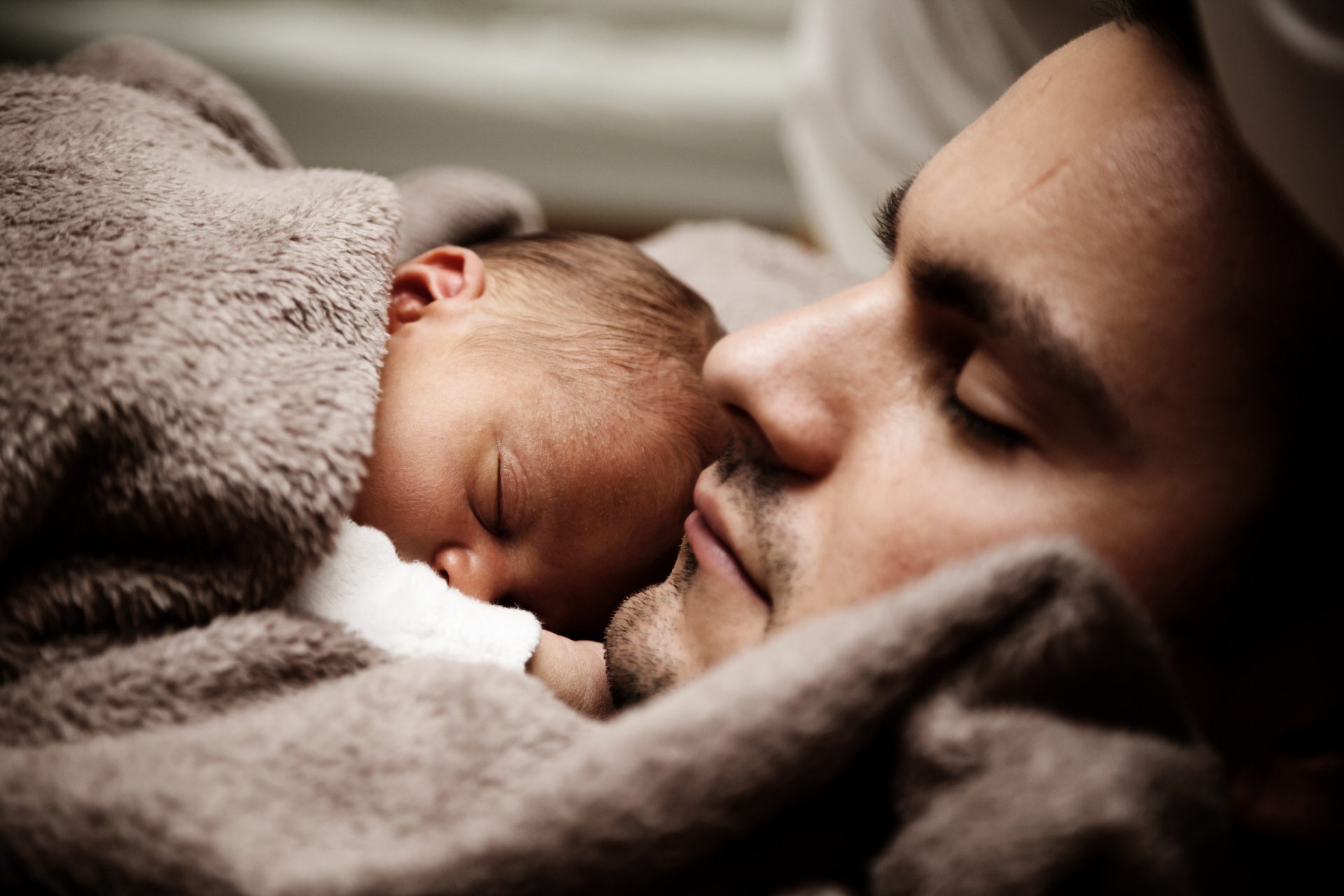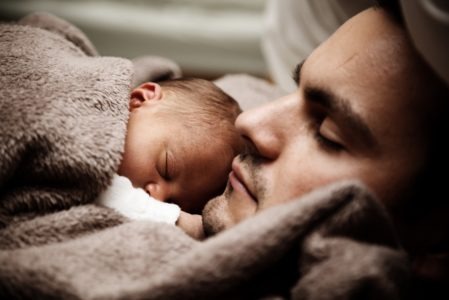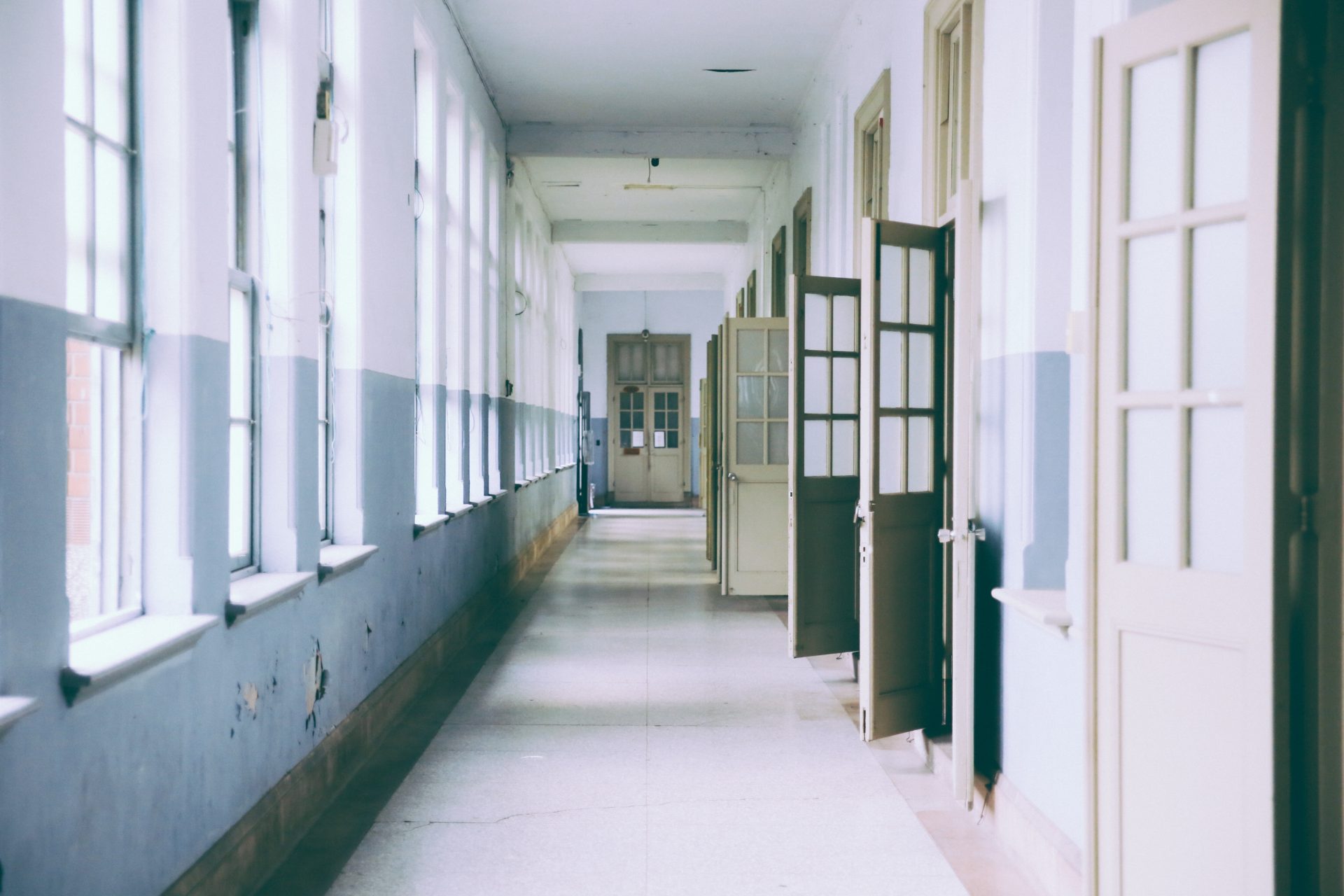When I was in middle school, I once walked out of a speech class in tears because I couldn’t deliver the speech right. The teacher came out into the hallway and told me, “You’re a perfectionist. You like to get everything right the first time.” She encouraged me to go in and just do my best.
I made it through the speech, and life went on, but I never forgot her words, because they were spot-on. I was, and still am, a perfectionist. I don’t like making mistakes. I’m the guy who likes to get things right the first time.
Of course, in life, that’s pretty much impossible. Mistakes happen, especially when doing something for the first time. In fact, mistakes can be fertile ground for learning and avoiding future, larger mistakes later. I hate losing money, but the times earlier in life where I made a $10 mistake are well worth it if they help me avoid a $1,000 mistake later.
Still, there comes a point in one’s life where experience ought to make mistakes, if nothing else, at least a little more avoidable. Foresight plays a big role in that. In other words, the most helpful way to avoid mistakes is to think ahead a little. You might ask yourself: “What are the consequences of this choice?” It’s amazing how many otherwise smart, thoughtful adults make big mistakes simple because they didn’t take the time to think things through. I know, because, perfectionist or not, I’ve made mistakes before after rushing to decide rather than thinking things over a little.
If you know the important part of avoiding mistakes is to think ahead, what should you keep in mind as you think ahead?
There are many good guiding principles out there for making decisions, but one of my favorites comes from the worlds of medicine and bioethics.
Do No Harm.
Doctors, when they enter into practice, take something known as the Hippocratic Oath. It’s a system of principles that guide doctors. Part of the Oath reads like this:
I will use treatment to help the sick according to my ability and judgment, but never with a view to injury and wrong-doing. Neither will I administer a poison to anybody when asked to do so, nor will I suggest such a course. Similarly I will not give to a woman a pessary to cause abortion. But I will keep pure and holy both my life and my art. I will not use the knife, not even, verily, on sufferers from stone, but I will give place to such as are craftsmen therein.
Into whatsoever houses I enter, I will enter to help the sick, and I will abstain from all intentional wrong-doing and harm, especially from abusing the bodies of man or woman, bond or free. And whatsoever I shall see or hear in the course of my profession, as well as outside my profession in my intercourse with men, if it be what should not be published abroad, I will never divulge, holding such things to be holy secrets.
In recent centuries, this section has given rise to the medical expression “first do no harm.” That phrase isn’t found word-for-word in the Oath, but it is derived from it, and it is a valuable rule for doctors as they decide on the best medical care for their patients. The goal in medicine is to help patients, and, when possible, to avoid intentional harm.
I think this is a great rule for the rest of us.
In any decision, there are going to be factors to consider. I think one of the most important is the impact that decision has on people. Realistically, almost any decision has the potential to cause harm to people, and sometimes life is so difficult that decisions may come down to which decision causes less harm or, in some cases, which decision harms which groups. The world is messy that way.
I deal with that messiness every day. As a high school teacher, I have to weigh decisions about students that have the potential to cause harm. If a student misbehaves, for example, how do I handle it? If I handle it in a more hardline way, could that cause harm to the student, and my ability to reach that student? Or … if I handle it in a more gracious way, do I risk causing harm to the student in the long term by enabling a behavior that may not instill the right set of values?
So, when making a decision, stop and consider the impact, especially on the most vulnerable. Does that decision potentially cause harm? Who is harmed? (That includes yourself — because if the decision harms you, it can not only be bad for you, but it can also hurt your ability to help others.) Is that harm more serious than the alternative? Is it avoidable? Even necessary?
This principle won’t solve all your problems. But it does help to serve as a reminder to think about how actions affect others. Because if there’s one thing most people agree on, it’s how important it is to take care of others, especially those you care about. Including yourself.





